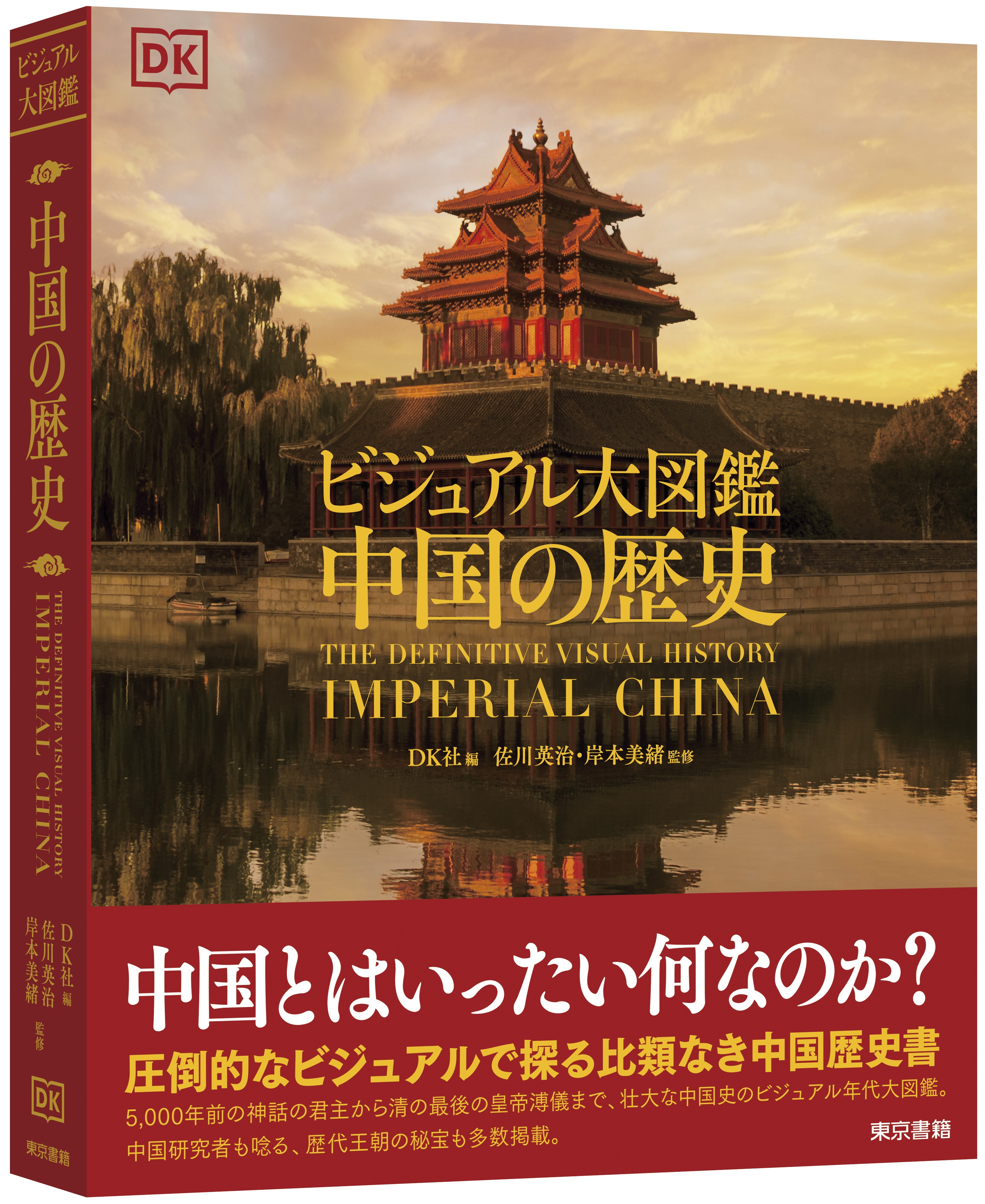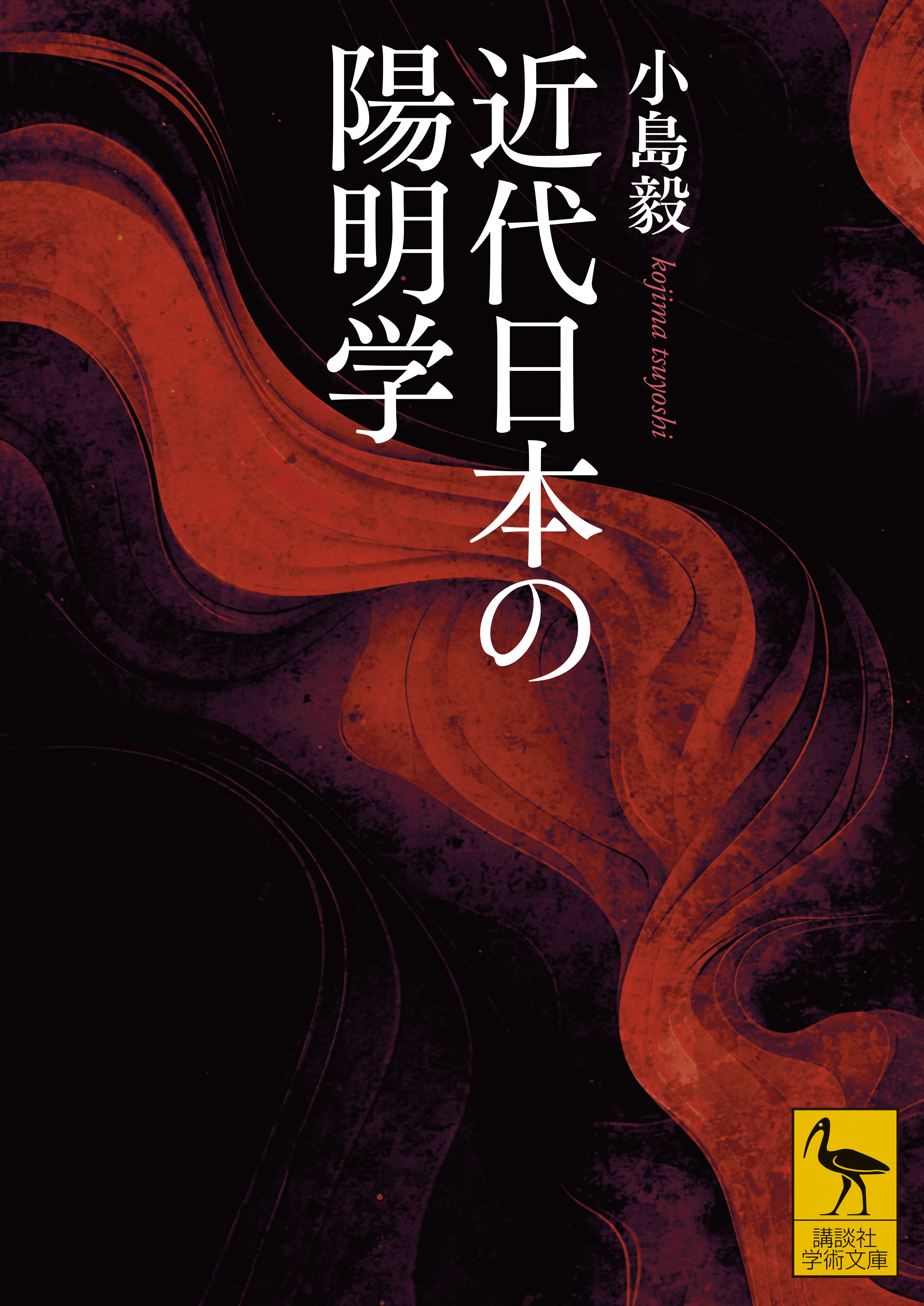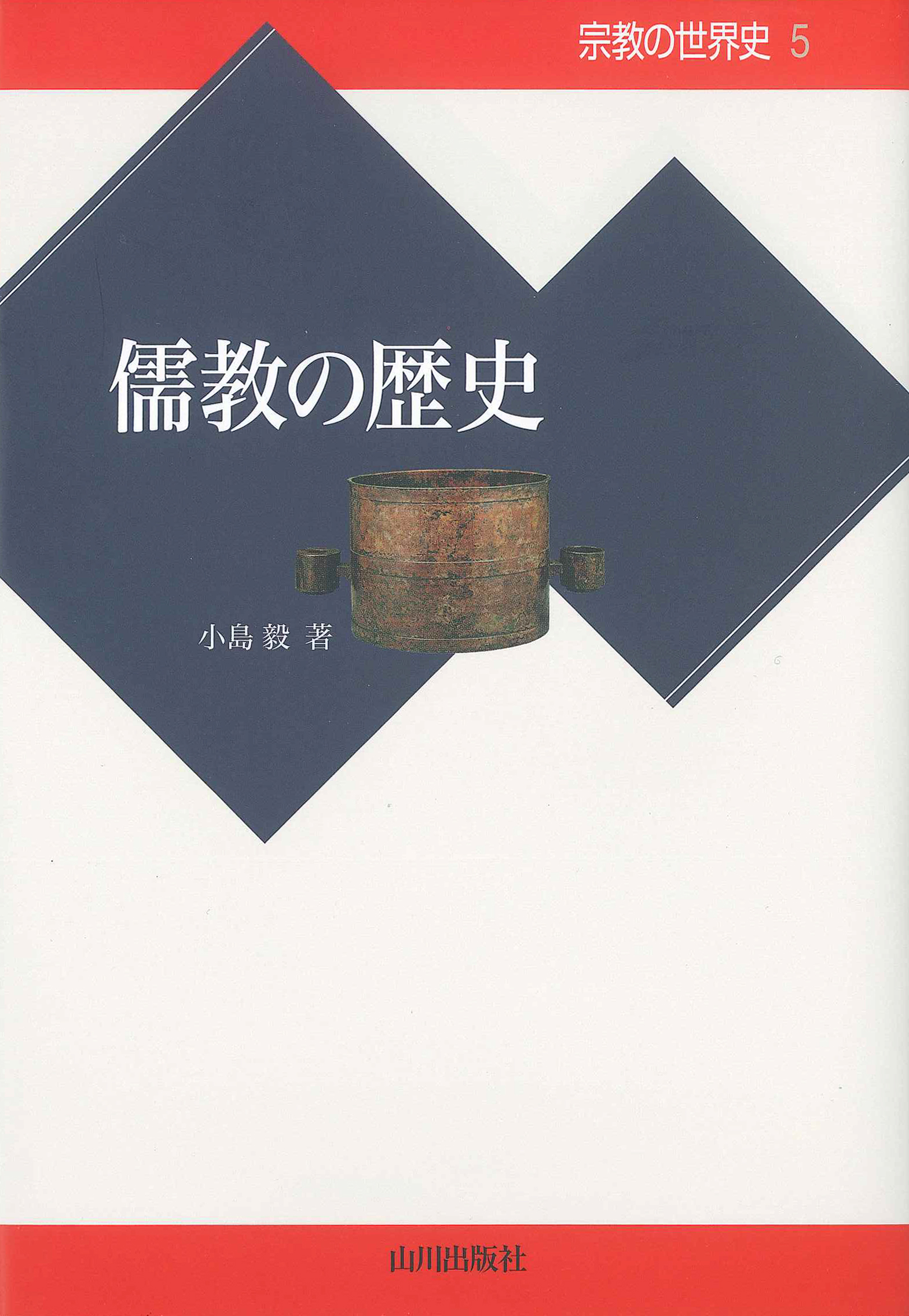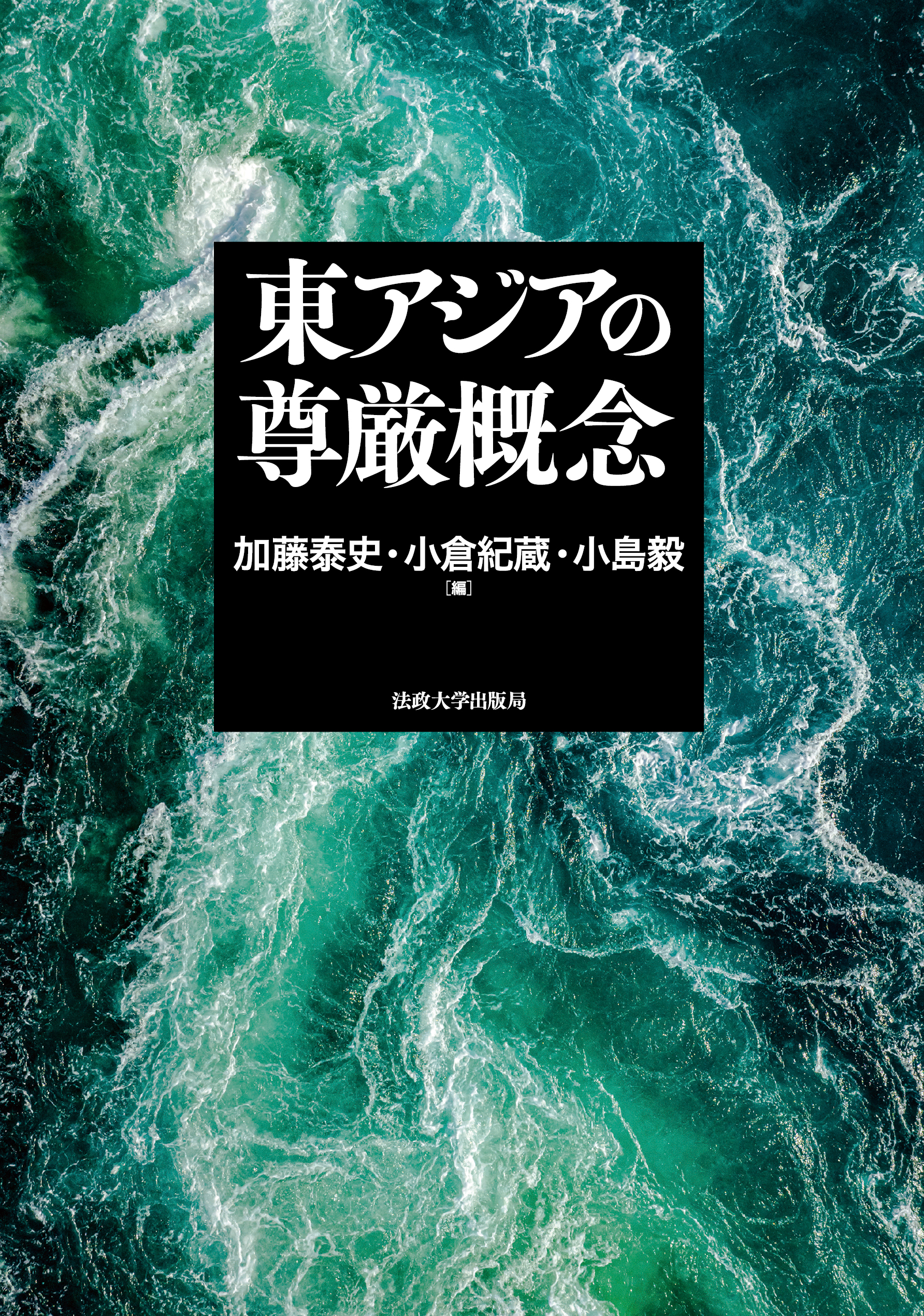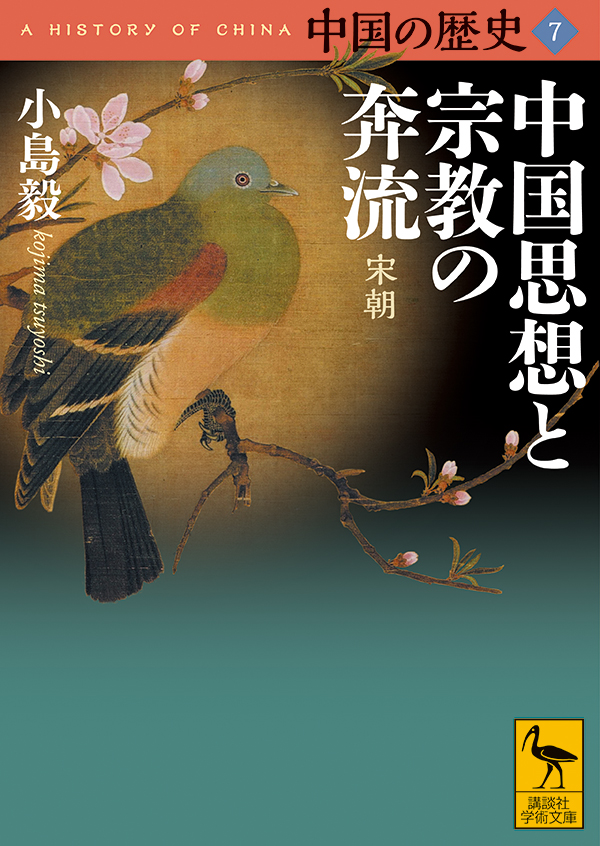
Title
The History of China, Vol. 7 Chugoku-Shiso to Shukyo no Honryu (A Torrent of Chinese Thought and Religion: The Song Dynasty)
Size
432 pages, A6 format
Language
Japanese
Released
January 12, 2021
ISBN
978-4-06-522143-3
Published by
Kodansha Ltd.
Book Info
See Book Availability at Library
Misc.
The book was originally published in 2005
Japanese Page
Among China’s dynasties, the Song dynasty is somewhat lacking in popularity in present-day Japan, but it was the most important period in terms of its influence. There was no despotic ruler such as the First Emperor of the Qin or Empress Dowager Cixi, nor were there any tragic heroes such as Zhuge Kongming or Zheng Chenggong. But it was a period that flourished enormously both culturally and economically.
This book was first published in July 2005 as vol. 7 of the 12-volume series The History of China and was republished in January 2021 as a paperback. This series has also been translated into Chinese, in both mainland China and Taiwan.
The Song dynasty was not a unified dynasty like the Qin dynasty or the Tang dynasty. To the north lay the Liao and then the Jin dynasties, which likewise claimed to be centres of Chinese civilization, and the Song formed diplomatic relations and coexisted with them in a state of military tension. For this reason, people of the Song period endeavoured to flaunt their cultural superiority and did in fact achieve much that was of a high standard in various fields such as literature, religion, art, science, and technology. These achievements were introduced to Japan in the twelfth to thirteenth centuries, where they took root as a new style known as the “Song style,” which became linked to various forms of Japan’s traditional culture such as Zen, the tea ceremony, and India-ink painting that have survived down to the present day.
A distinctive feature of this book, which distinguishes it from other volumes in the same series and books on Song history in other series is that half of its ten chapters, from chapter 5 to chapter 9, deal with cultural history. One reason for this is that I took into account the influence of the Song period on Japanese culture, already mentioned, but in addition this was an important watershed in Chinese history, known as the Tang-Song transition.
The idea of the Tang-Song transition was first put forward about one hundred years ago by Naitō Konan, and it is an international thesis that has in recent years come to be referred to also by researchers active in the Sinophone sphere and in Europe and America. However, many studies of the Tang-Song transition are analyses that focus on political and economic changes. In this book, I return to the perspective of the issues originally raised by Naitō, which concerned cultural history and civilization theory, and endeavour to delineate the special qualities of the Song period. In this respect, this book differs in content from the sort of introductory work, commonly seen, that consists largely of enumerations of incidents and people’s names.
In particular, a considerable number of pages are devoted to describing the process whereby the Zhu Xi school (Song learning in a narrow sense), my own speciality, was born and developed to become one school of Song learning in a broad sense and take the place of traditional Confucianism. The scholar-officials who were involved in this movement were not merely bureaucrats in charge of political affairs and were also, socially speaking, local elites and, culturally speaking, well-educated men familiar with all aspects of art and culture. Today the Zhu Xi school is a subject of research primarily in the field of philosophy, but originally it was a wide-ranging system of scholarship possessing aspects of not only politics and economics but also the natural sciences. This book describes this in the context of the historical characteristics of the Song period.
With regard to philosophical aspects of the Zhu Xi school, reference may be made to my The Zhu Xi School and the Wang Yangming School (Chikuma Gakugei Bunko series), and with regard to the position of the Zhu Xi school in the historical development of Confucianism, reference may be made to my History of Confucianism (Yamakawa Shuppansha).
(Written by KOJIMA Tsuyoshi, Professor, Graduate School of Humanities and Sociology / 2022)



 Find a book
Find a book


